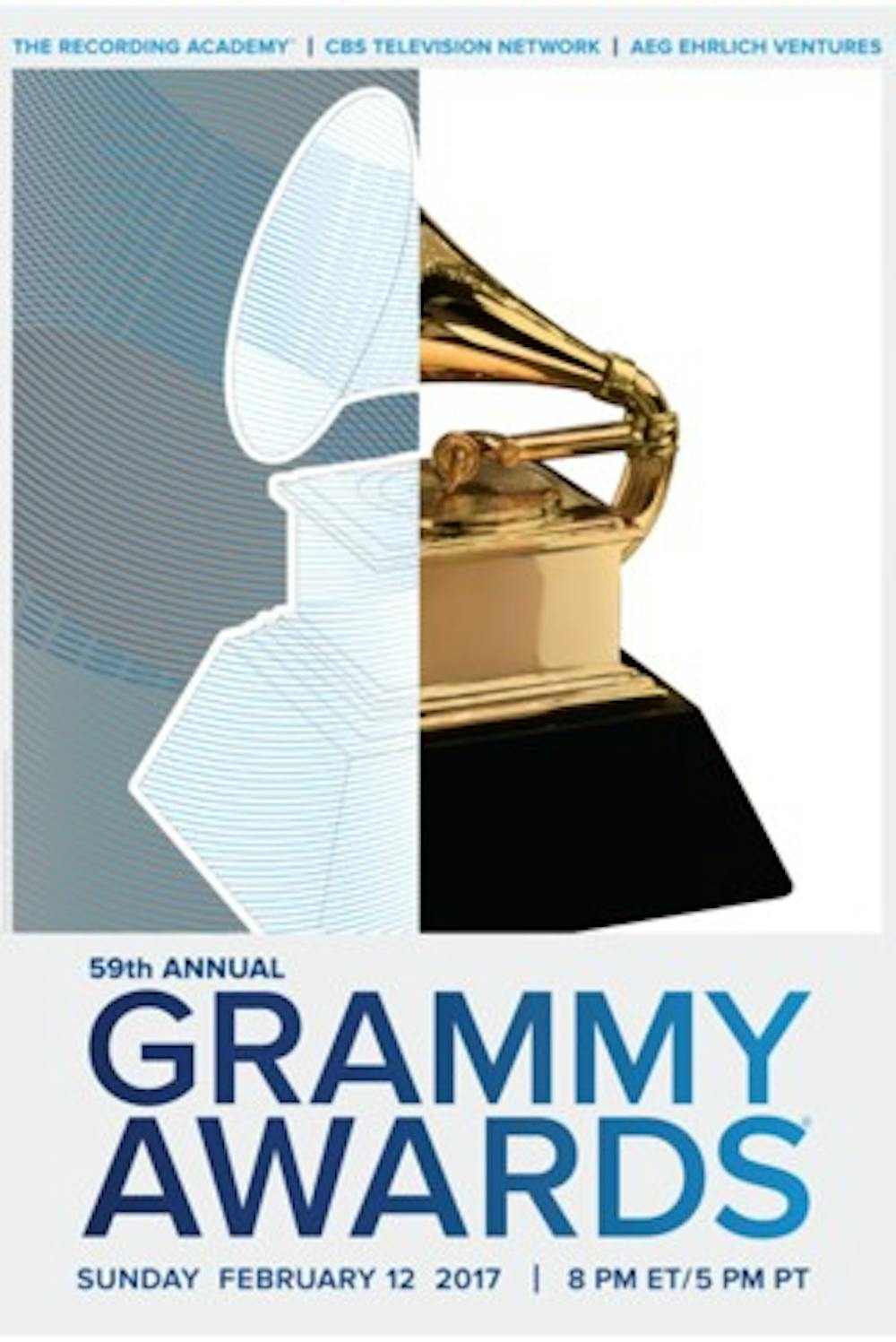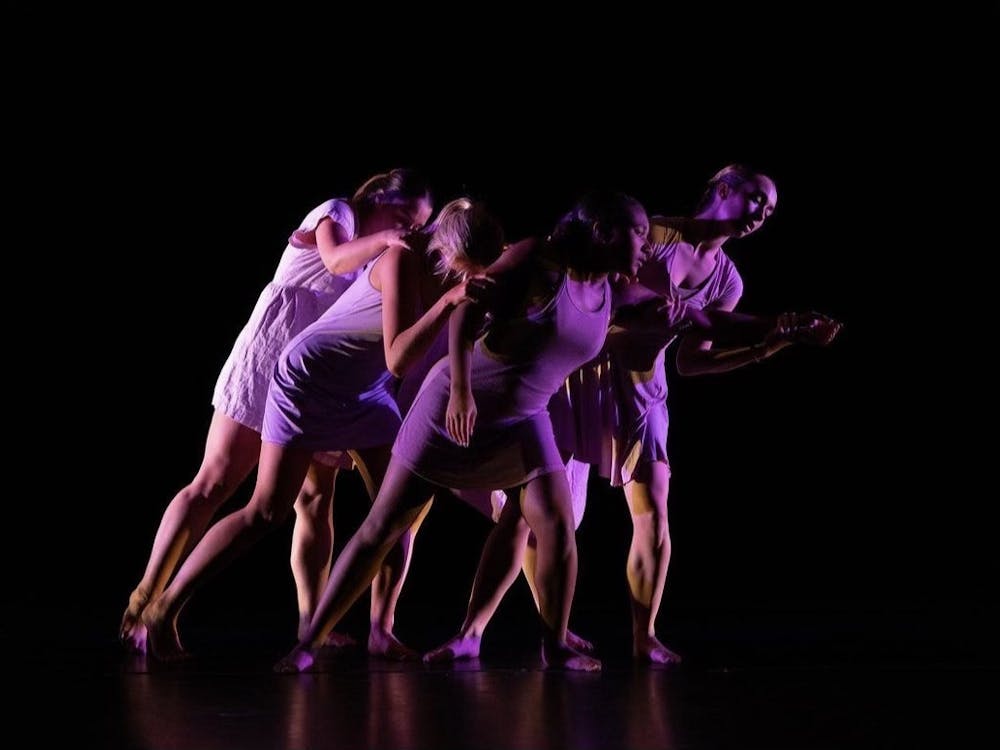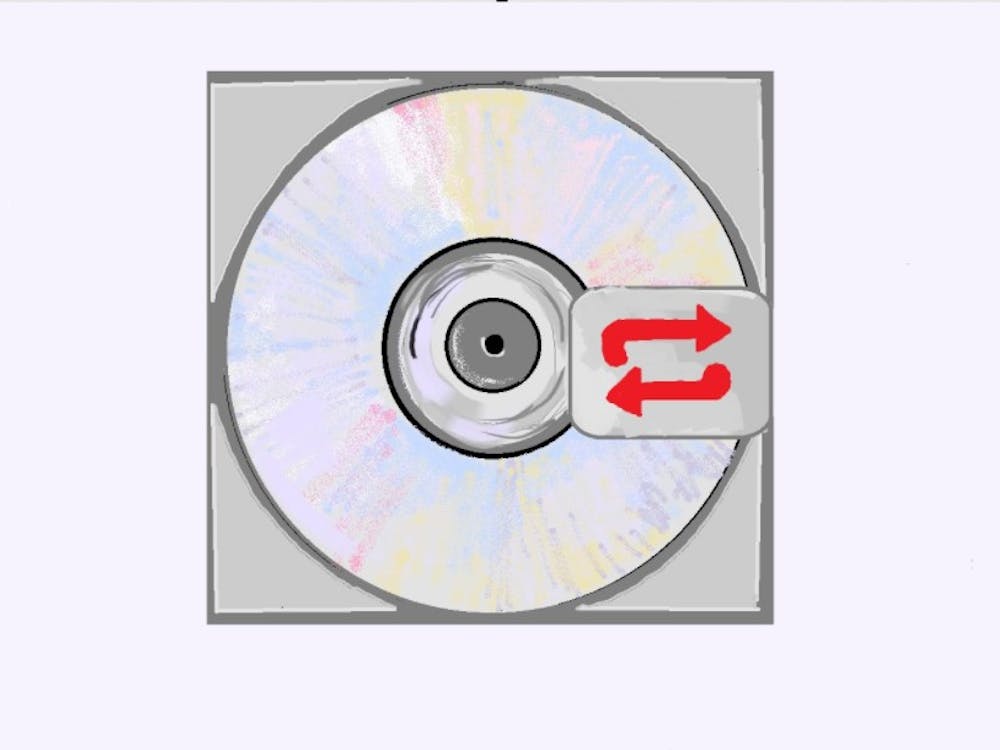The Grammys are outdated. It’s been said, but after last Sunday, it needs to be said again — and more emphatically than ever.
From both fans of the artists and the artists themselves, considerable backlash followed the results of the 59th Grammys, in which Adele received Album of the Year, Best Record, Best Single and Best Pop Solo Performance — for “25” and “Hello,” respectively — leaving Beyoncé’s “Lemonade” in the dust.
Beyoncé wasn’t completely unrepresented, winning Best Music Video for “Formation” and Best Urban Contemporary Album — a niche category if ever one existed — for “Lemonade,” but these are spare change compared to Adele’s gains. It’s common knowledge by this point that Beyoncé, or Queen Bey, is R&B royalty. Shouldn’t the most recognized music awards show in America pay her a little more tribute?
It’s not as though choosing Adele’s music over Beyoncé’s was completely unmerited. They’re both incredibly talented musicians — but Adele has had her time to shine. She came into this year’s Grammys with an Album of the Year trophy already under her belt from “21” in 2012. While far from bad, “25” is arguably her least-inspired effort to date and was deserving of little more than a nomination.
Conversely, “Lemonade” was the standout of several 2016 albums from artists of color that addressed the current political climate while still being a daring collection of songs. “25” admittedly beat out Beyoncé’s albums in terms of sales — a common factor in the Album of the Year selection process — but this hardly seems relevant. Why should the artist who has profited the most off of their art receive an extra pat on the back from the Grammys?
Even Adele wasn’t thrilled with the results. In her acceptance speech, she lauded “Lemonade,” calling it “so monumental” and referring to Beyoncé as the “artist of my life.” Backstage, she reportedly added, “I thought it was her year. What the f—k does she have to do to win Album of the Year?”
The awards show broke out of its traditionalistic slump in one noticeable way — the awards of Best New Artist and Best Rap Album being given to Chance the Rapper and his work “Coloring Book,” respectively. The soulful Chicago native is the first unsigned, streaming-exclusive artist to win a Grammy — or even to be nominated for one.
But aside from Chance, the distribution of awards was depressingly similar to years past. Things could’ve gone much differently — and for the better. If “Lemonade” had achieved Album of the Year status, then Anderson .Paak’s groundbreaking “Malibu” would have been a shoo-in for Best Urban Contemporary Album. Instead, the only recognition he got was a chance to perform with Busta Rhymes and A Tribe Called Quest. While their politically-charged contribution to the Grammys was another highlight of the show, Anderson .Paak deserved more.
It doesn’t make sense for some of music’s most progressive and innovative artists to be ranked by a system that adheres so closely to tradition. 2016 was a banner year for Beyoncé — a year that warrants more than a handful of lesser awards and second-bests.
This is just a more recent and obvious trend of a major awards show failing to properly recognize artists of color. The record has been stuck for too long — maybe the Grammys could use a modern reboot.





